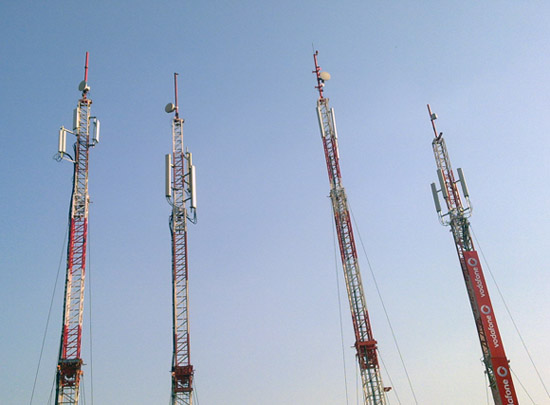Published on the 23/02/2011 | Written by Newsdesk

People who work from remote locations may have breathed a sigh last week when Vodafone launched its new 3G reception booster Sure Signal…
But the reprieve was short-lived for those not on a Vodafone fixed line broadband. The new femtocell technology will not work with other ISPs.
Sure Signal is about the size of a modem and acts as a mini-cell site which reroutes mobile calls through the fixed line broadband connection. It is aimed at people who work from home or in locations with patchy, limited or no network reception. The Alcatel-Lucent hardware boosts 3G signal strongly for up to 20 metres and supports up to four devices for calls, TXTS, checking email or web browsing.
Vodafone New Zealand network and services general manager Tony Baird says the easy to install unit is a New Zealand-first.
“These mobile weakspots aren’t new – every network in the world has them – but we know they can be a great source of frustration for customers, so we are delighted to be the first in New Zealand to offer a new solution that will provide them with strong, reliable 3G indoor coverage where they previously had none,” Baird says.
He says other factors such as topography and the level or type of building you live in can also impact signal strength.
It will work for visitors’ mobile phones too but only those on Vodafone.
Baird says quality of service and unmetered data were reasons behind tying the new offering to its landlines. Broadband data used by Sure Signal will not impact the customer’s fixed broadband data allowance.
Vodafone also launched Sure Signal Enterprise for larger businesses. It boosts signals by up to 40 metres and supports up to eight devices. The company is trialling Sure Signal over a satellite connection.
Baird says it is just one of many initiatives that Vodafone, who helicoptered journalists [but not this one – Ed] to Bethells Beach for a Sure Signal demonstration, will be rolling out in coming years.
Alcatel-Lucent, which is also a Telecom hardware partner, introduced the femtocell technology to New Zealand Telcos about 18 months ago, but Vodafone was the first to take it up.



























